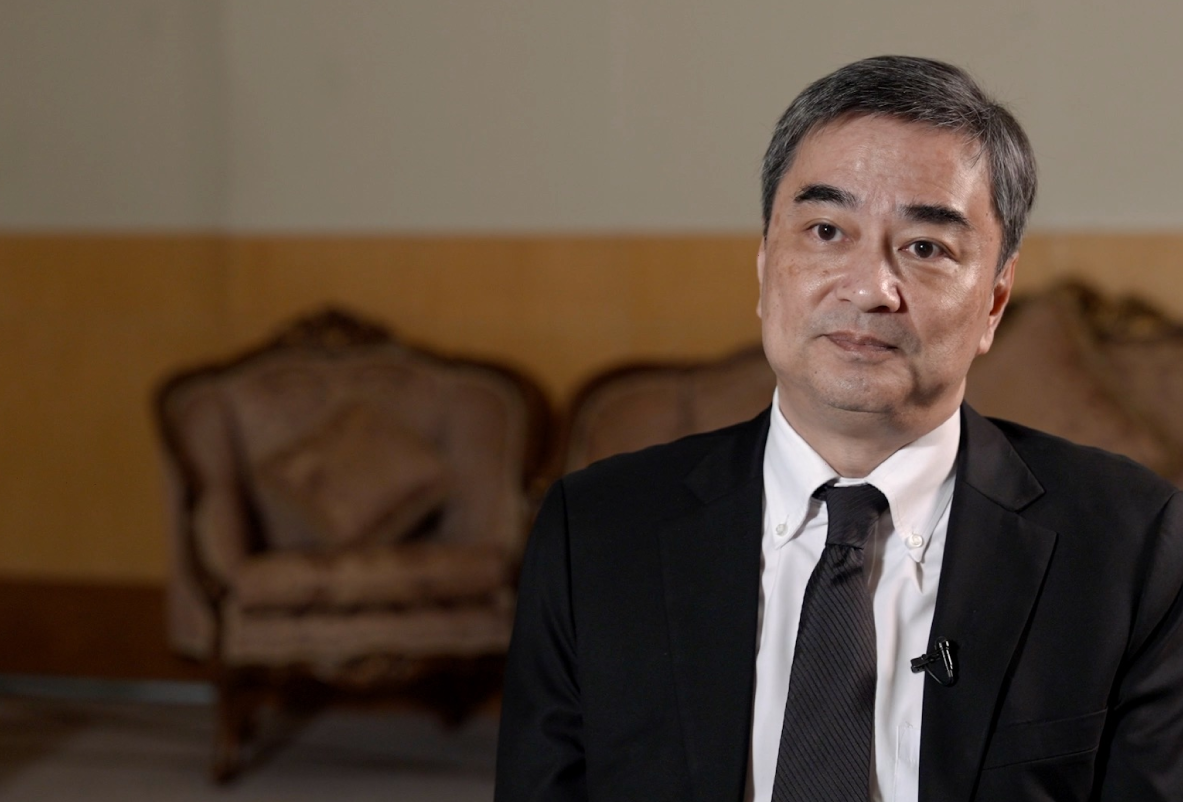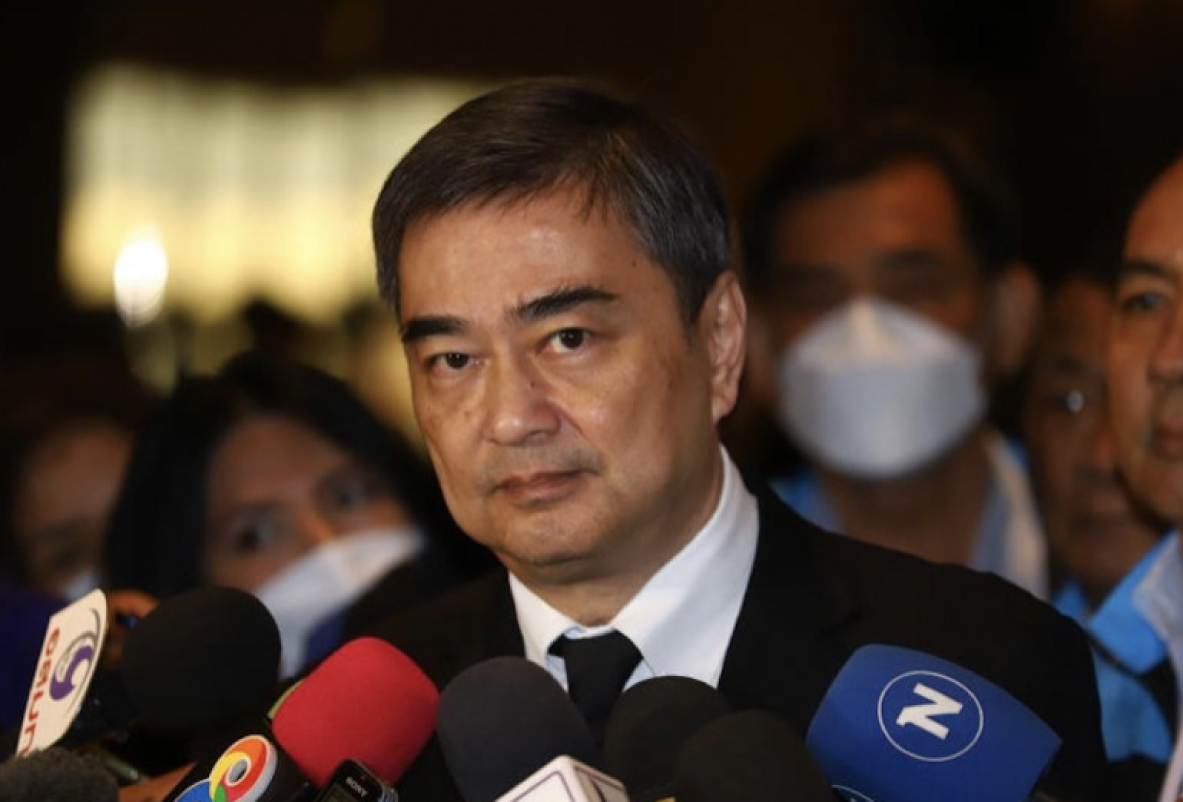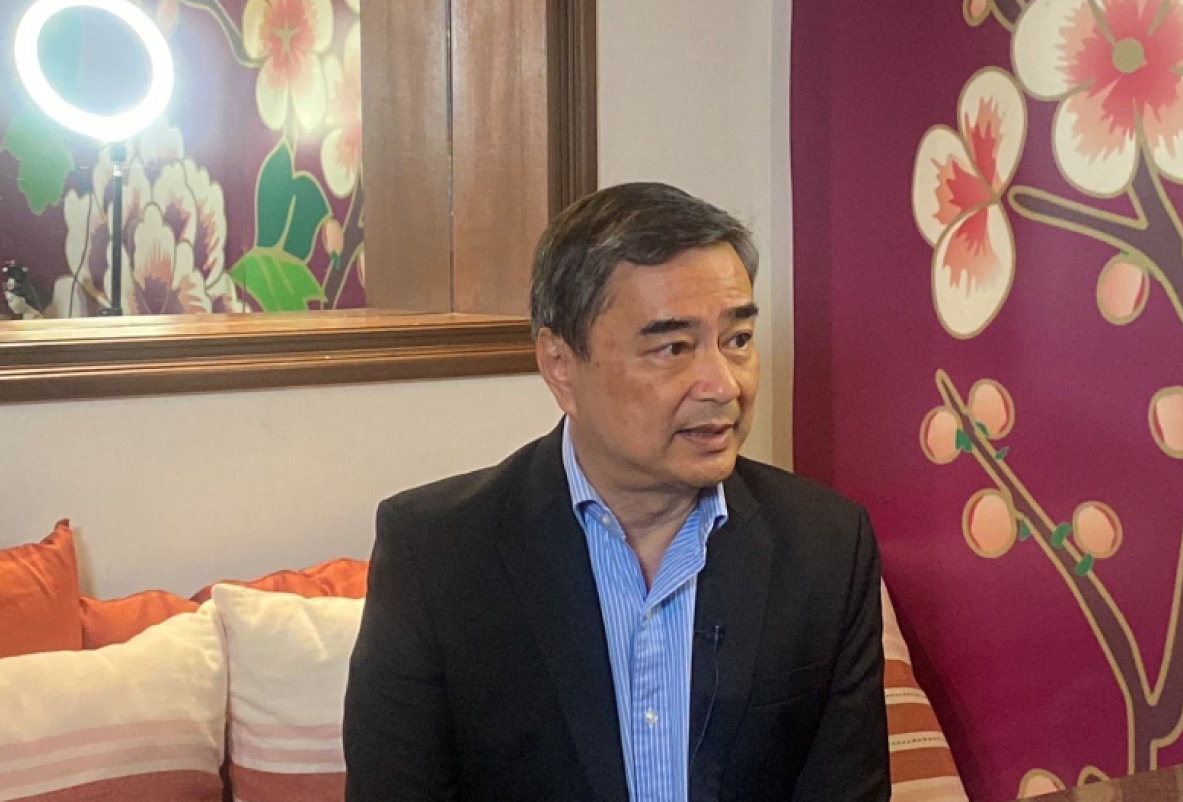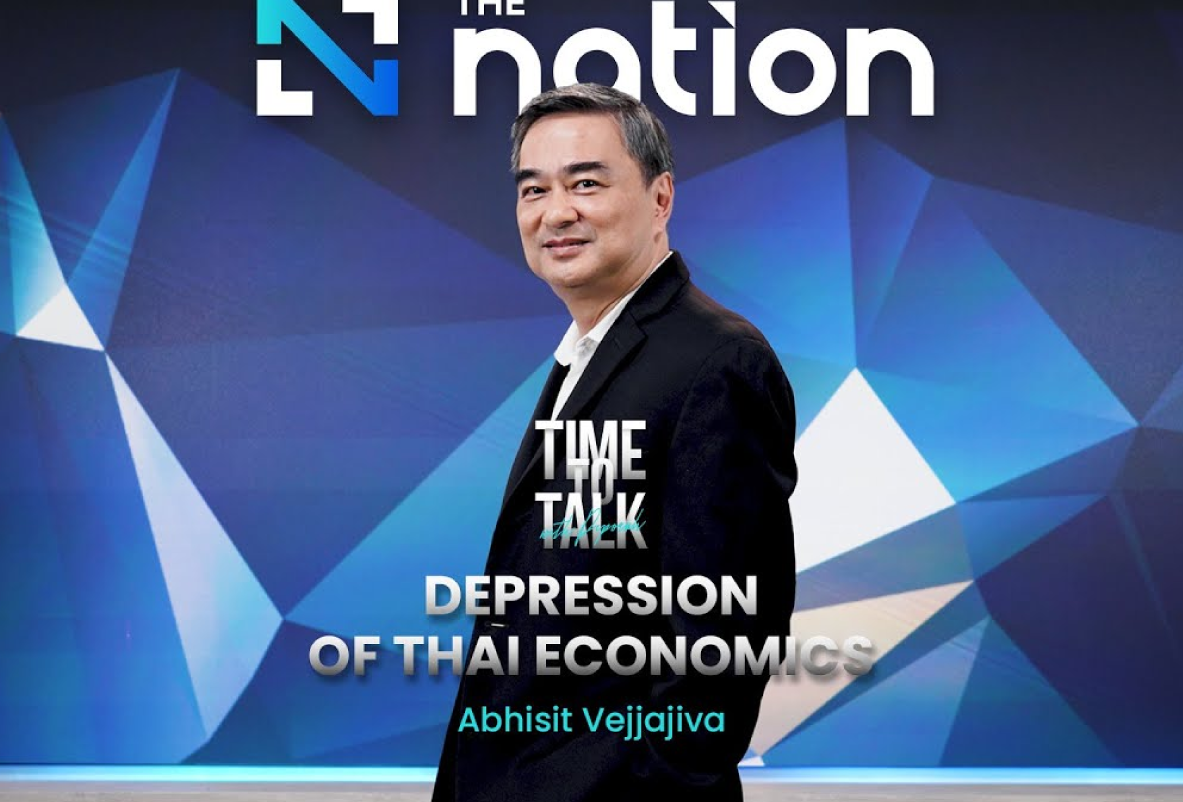POWERING A YOUNG WORKFORCE
As Prime Minister, Abhisit Vejjajiva prioritized education and workforce development as a means of driving economic growth. He implemented policies to improve education quality and access, particularly for disadvantaged groups. Additionally, he emphasized the importance of developing skills and fostering innovation through research and entrepreneurship to create a more dynamic and competitive economy for young people.
NAVIGATING GLOBAL DISRUPTIONS
Abhisit Vejjajiva explores how societies can better prepare for and respond to major global disruptions—be it economic shifts, technological change, or widening inequality. Drawing from his experience in governance and policy, he offers insights on strengthening institutional resilience, protecting vulnerable communities, and fostering inclusive growth in a rapidly changing world.
Abhisit provides a broad perspective on the long-term challenges we face and how strategic leadership and collaboration can help shape a more equitable future.
THE ECONOMICS OF ARTS AND CULTURE
Abhisit Vejjajiva’s government launched the “Creative Economy” initiative in Thailand in 2009 to promote creative industries, including arts and culture, as a way of driving economic growth and job creation. This initiative included policies to support creative businesses, as well as initiatives to promote cultural festivals, art exhibitions, and creative tourism programs.
Abhisit recognized the crucial role of arts and culture in fostering social cohesion and national identity, highlighting the value of investing in this sector to drive economic growth and promote cultural preservation and understanding.
